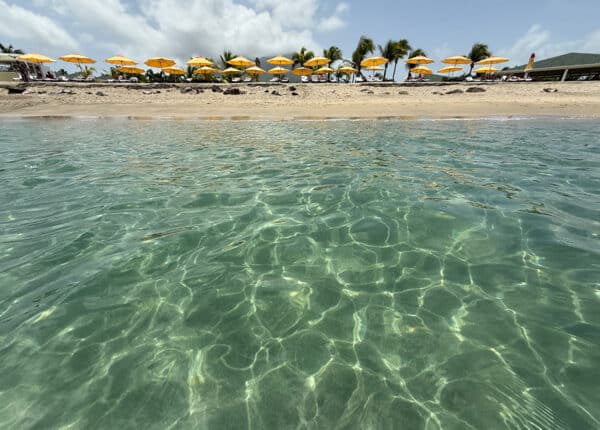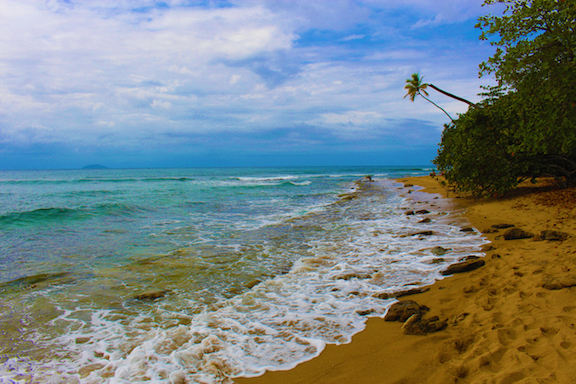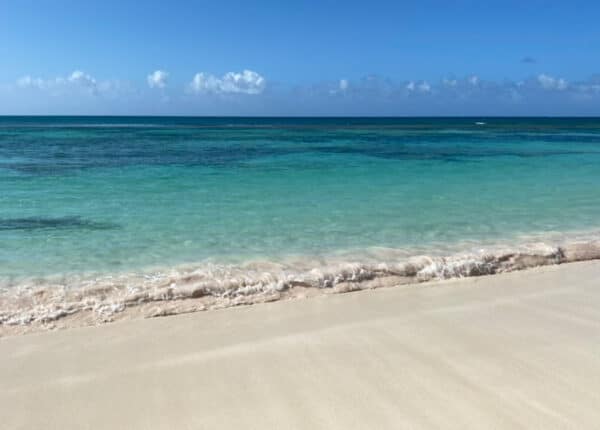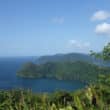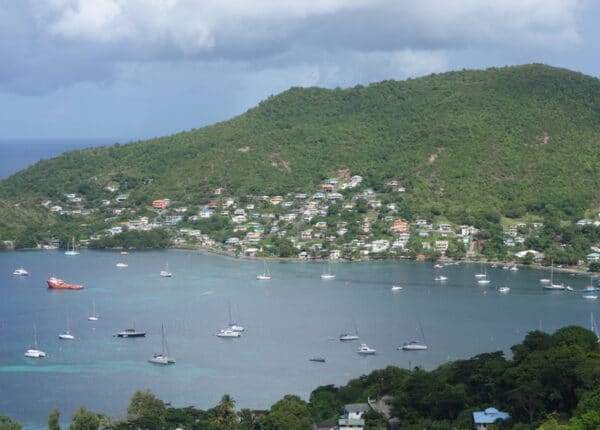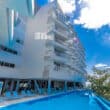By Ryan Peterson
CJ Contributor
Finance and governance. Economy and energy. Tell me it ain’t about the money.
Tourism and environmentalism. Productivity and community. Tell me it ain’t about technology.
Education and innovation. Nation and next generation. Tell me it ain’t about this generation.
No, this is no carnival song or some simplistic caiso, but – a call for – an awakening of islands in the sun, where my people have toiled since time begun, to paraphrase Harry Belafonte.
While traditionally associated with the health and wealth of nations, these ‘lyrics’ have in recent times experienced several tides of crisis, albeit opinions will differ on the depth and breadth of these tides. From financial debt, government grid-locks and institutional conflicts, to economic contraction and environmental destruction, to labor depletion and skill migration, and educational and health degradation, island communities throughout the Caribbean are experiencing tectonic tides as they face tumultuous times.
What we have here is, indeed, a change in climate, which extends well beyond the notion of island meteorology or Caribbean geology, or for that matter, beyond the boundaries and surface of islands. It is therefore no surprise that these tides of crisis were the main topics at the third international conference on Small Island Developing States, which was held in September 2014, in Apia, independent state of Samoa.
Set within a collaborative forum for building successful partnerships to innovate and advance the sustainability of islands, several multi-stakeholder partnership dialogues and discussions focused on designing and developing (increasingly more urgent) sustainable solutions for problems that (continue to) plague small island societies, including, e.g., economic and debt sustainability, education and youth development, ocean acidification and pollution.
Over the past decade, several studies have consistently indicated and underscored that in less than fifty years, we have reached financial debts equaling or surpassing gross domestic production levels; we have depleted our natural resources, with over fifty percent of our Caribbean oceans in total decay and dying; and an educational system that stifles creativity, talent and entrepreneurship, stimulating migration and degradation of skills and competencies, in addition to nurturing a continuous decline in labor productivity.
While individually these forces of (human) nature and tides are not new to the Caribbean, and have been around for decades, the confluence and cumulative concentration (in time and space) of this tides are creating a clear and present riptide throughout our island societies.
Similar to the formation of riptides, in which the increasing height, frequency and amplitude of waves crash and concentrate on shorelines, consequently concentrating into an outwardly increasingly fast stream or rip of seawater, the Caribbean is caught between the Scylla of volatility and the Charybdis of vulnerability, in which societal institutions and institutional values and beliefs are being challenge.
Our islands in the sun, are indeed caught in a complex ‘Catch 22’ situation, in what seems to be a paradox of pandemic proportions: how to simultaneously manage the competing needs for, on the one hand, growth, innovation, and flexibility within the context of local vulnerabilities; and simultaneously, resource efficiency and equity, stability, democracy, and security within the context of global volatility.
In classical exemplary terms, how do we spur economic growth and social equity, while curving and conserving public finances and (natural and social) ecologies? How do we decouple political-economic development from socio-ecological degradation? How do we thrive with tenacity, and transcend and turn the tides?
The Caribbean is facing strategic disruptions and discontinuities of endemic and epic proportions, as they are swept away by the riptides of the 21st century, in essence ‘swimming to stand still’. And as Harry Belafonte would sway, I hope the day will never come, that I can’t wake to the sound of drum. Never let me miss carnival, with calypso songs philosophical…
Ryan R. Peterson, PhD is Professor of Innovation Economics and Research Chair in Sustainable Islands at the University of Aruba. He is the co-founder of the National Council for Innovation & Competitiveness, and the Leadership Institute for Sustainable Innovation. He can be reached at ryan.peterson@ua.aw.
